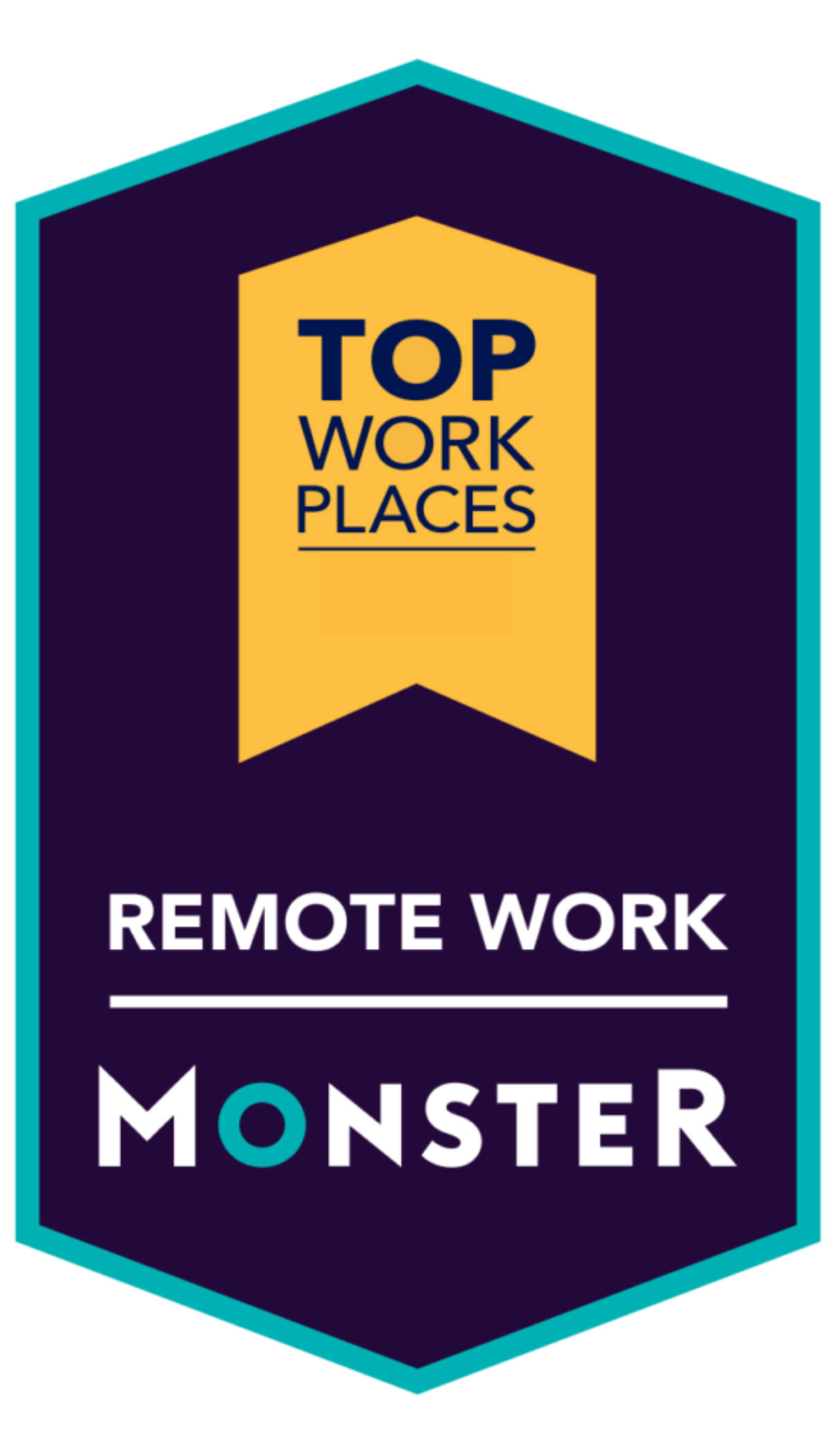Key Takeaways:
- Access TeleCare helped one health system increase neurology revenue 300 percent and avoid $1.7 million in annualized ED boarding costs across multiple hospitals and markets.
- Access TeleCare helps hospitals scale and add services quickly with streamlined telemedicine solutions that enable rapid growth at scale.
- Telemedicine eliminates costs associated with increasing locums or recruitment fees to create new opportunities for growth.
As hospital leaders and CFOs across the country examine their hospital growth strategies for 2025 and beyond, telemedicine continues to stand out as an accelerator of hospital revenue growth.
It’s no secret that telemedicine has revolutionized modern healthcare by expanding access to specialty care experts for hospitals that would otherwise lack access to any number of specialty services like neurology or behavioral health. Many of the most innovative and forward-thinking hospital leaders shaping their growth strategies have already realized that telemedicine is a powerful tool for adding and scaling revenue. By creating or expanding specialties quickly, telemedicine creates new and expansive growth while decreasing costs.
Telemedicine Drives Growth in Revenue Generating Specialties
The flexibility and seamless implementation of Access TeleCare’s telemedicine programs enables hospitals to set aggressive timelines and quickly implement strategic growth initiatives.
For example, UnityPoint Health, a regional health system with locations in Iowa, Illinois, and Wisconsin, partnered with Access TeleCare to launch teleNeurology and teleBehavioral Health programs simultaneously across three different hospitals. The health system’s teleNeurology program, which included teleStroke and teleNeurohospitalist services, yielded a 300 percent increase in neurology revenue in addition to a 130 percent revenue increase from the teleNeurohospitalist program itself. Additionally, the teleBehavioral Health program generated an ROI of 281 percent by equipping UnityPoint with timely behavioral health consultations in its emergency departments as well as consultation-liaison psychiatry services in its intensive care and medical-surgical units.
These results prompted further expansion of telemedicine within its hospital network. Today, UnityPoint deploys Access TeleCare programs in eight hospitals in both its rural and urban markets.
Cutting Costs and Expanding Growth Opportunities with Telemedicine
When it comes to the challenge of cutting costs and fueling growth simultaneously, there is no better solution than Access TeleCare’s telemedicine programs.
When implemented successfully, telemedicine enables growth while decreasing reliance on traditional systems like locums and ballooning recruitment fees. By implementing the right system, many organizations are centralizing telemedicine vendors to minimize and retire logistical and operational challenges. The results speak for themselves — Access TeleCare’s programs have a proven track record of helping hospitals optimize length of stay and avoid costs related to ED boarding and high transfer rates.
In an additional example, CaroMont Regional Medical Center, a 476-bed acute care hospital in North Carolina, needed help managing high volumes of behavioral health patients seeking care in their emergency department. Access TeleCare’s behavioral health program helped reduce wait times as well as costs through rapid ED behavioral health consultations.
After launching teleBehavioral Health, the hospital enjoyed a 70 percent reduction in length of stay for behavioral health patients. Timely ED consultations from Access TeleCare’s specialists also led to a reduction in ED boarding times and cut the hospital’s ED Ambulance Diversion hours from 1,700 down to just 148.
The implementation of telemedicine also helped reduce the hospital’s transfer rate to 9 percent, as timely intervention from behavioral health experts helped the hospital avoid unnecessary transfers and retain what would have been lost revenue.
In the case of UnityPoint, the health system avoided more than $1.7 million in annualized boarding costs after the system implemented an Access TeleCare behavioral health program. The program yielded a 61 percent improvement in behavioral health response times within its emergency departments, increasing throughput and making the decision to expand the program to more hospitals an obvious choice.
Contact us to see how Access TeleCare can fuel your hospital’s growth strategy >>









